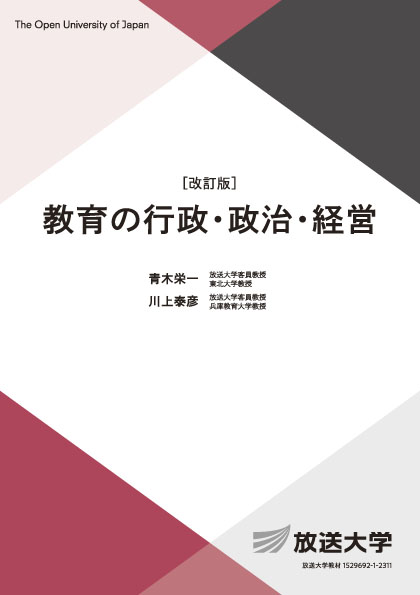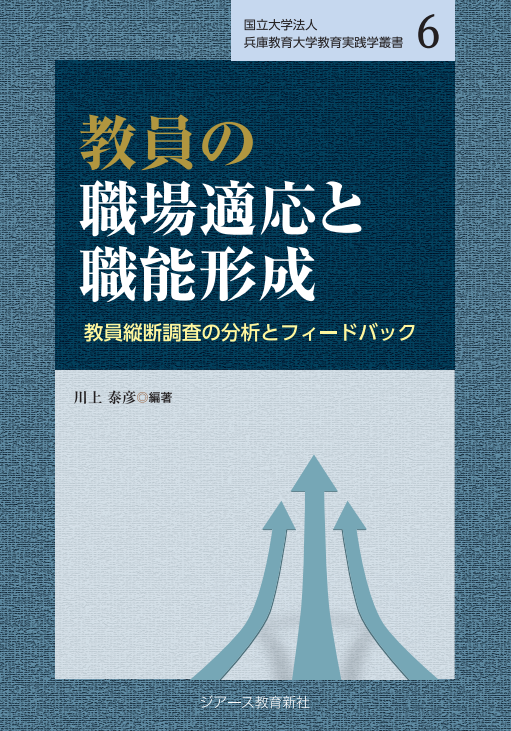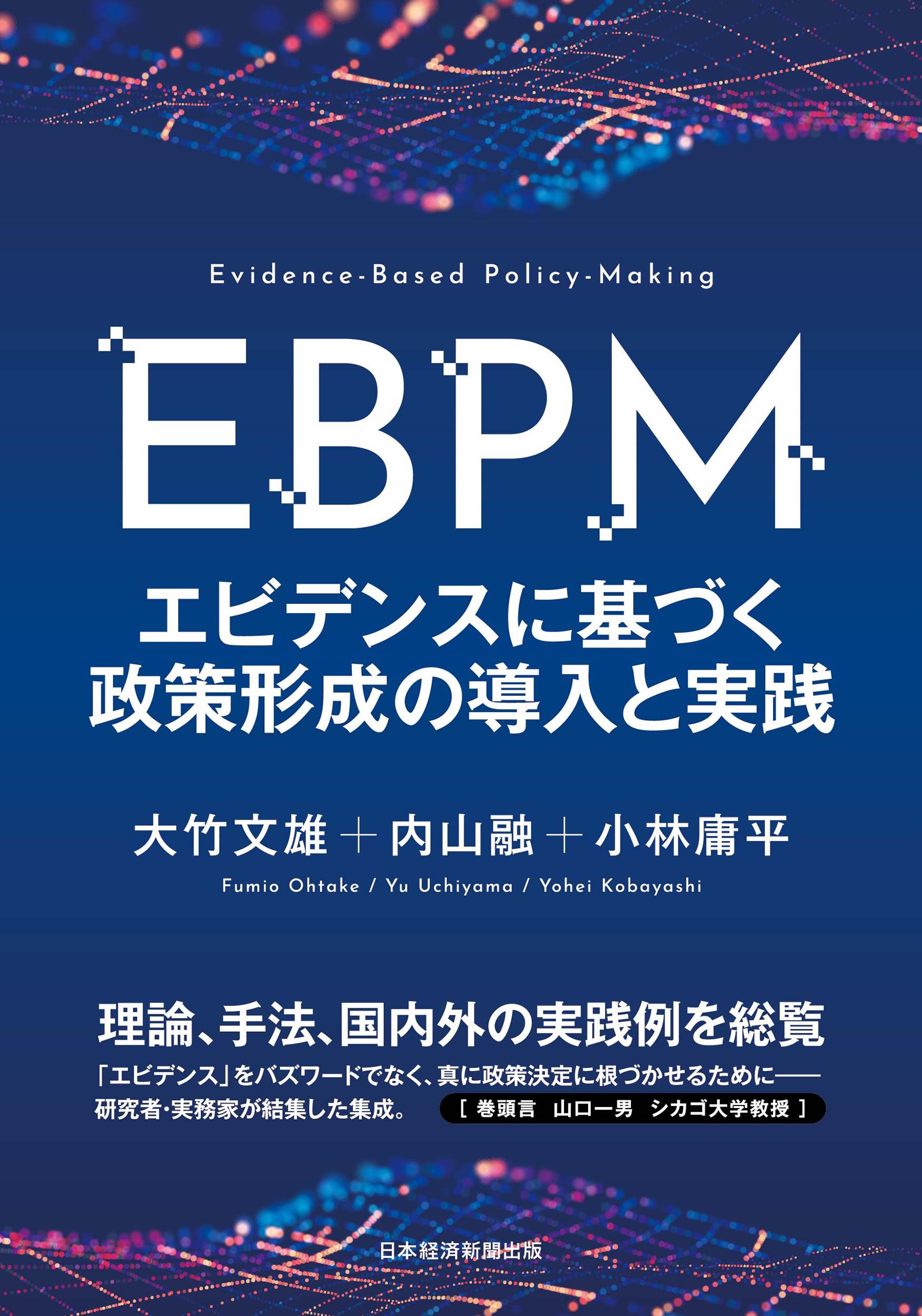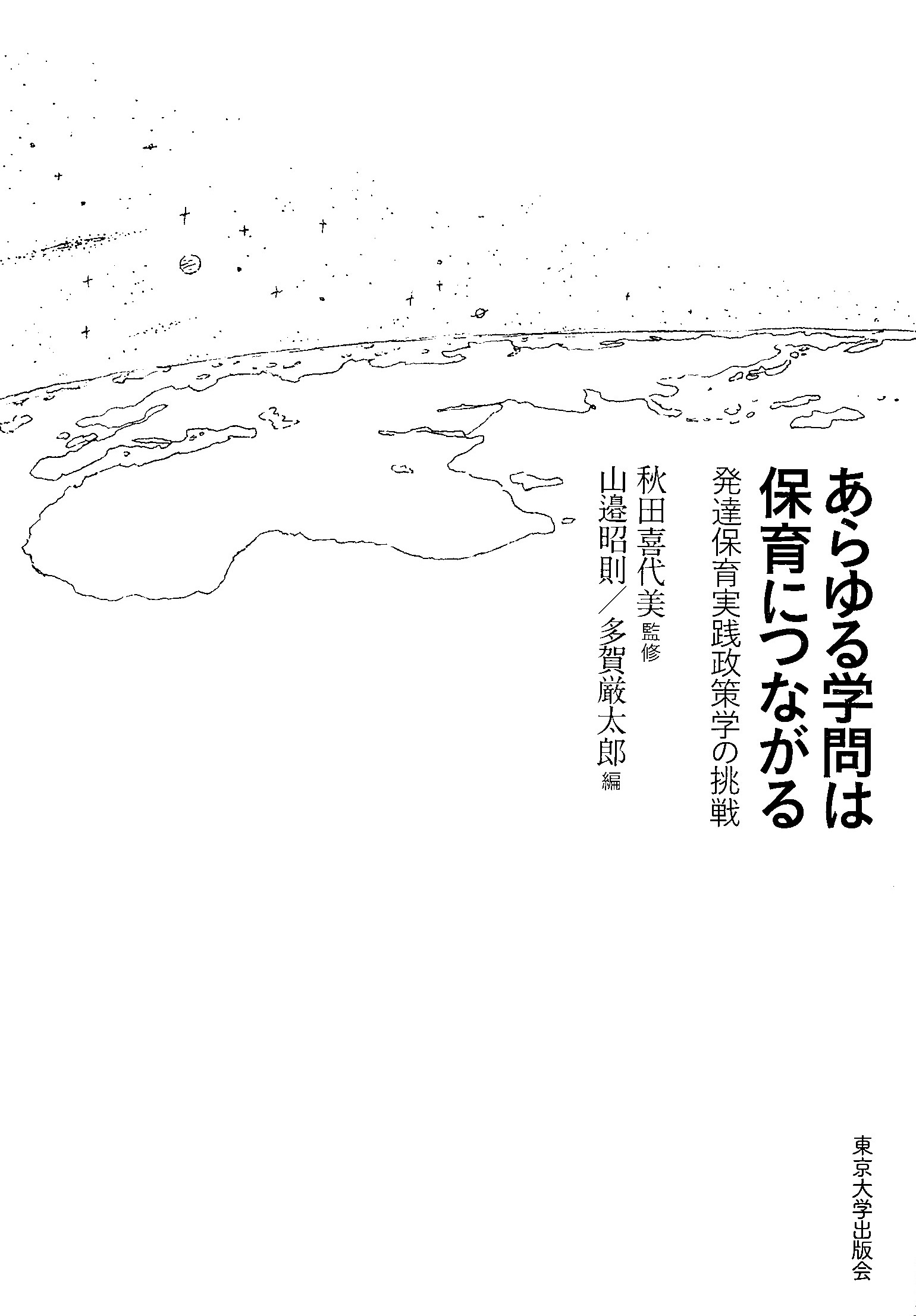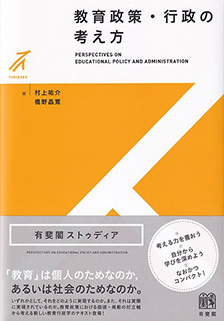
Title
Yuhikaku Studia Kyōiku seisaku/gyōsei no kangaekata (Perspectives on Educational Policy and Administration)
Size
282 pages, A5 format, softcover
Language
Japanese
Released
December, 2020
ISBN
978-4-641-15071-3
Published by
Yuhikaku Publishing
Book Info
See Book Availability at Library
Japanese Page
The educational policy and administration from the early 2000s have undergone a rapid series of institutional reforms in response to the strengthening of political leadership and changes in the social environment. These developments are sometimes collectively referred to as “neoliberal educational reforms.” However, the opposing axes and options between educational policy and administration are not always simple and unified. The ideology and principles that surround these aspects, thus, need to be examined in more detail.
This textbook is intended to be read at the undergraduate level. As such, this volume is a textbook intended to be read after introductory textbooks and those intended for teacher-training courses. In educational administration—the field in which the authors of this volume have specialized—there exist many “topic type” textbooks that provide explanations of systems and policies or outline reform trends by focusing on individual educational policy areas and organizations (e.g., “local education administration” and “curricula”). In comparison, as the table of contents indicates, this volume is characterized by its chapter structure, which is based on theoretical concepts such as “freedom and regulation” and “centralization and decentralization,” as well as opposing axes of policy choice. The first half of this book is titled “Choice of Values,” while the second half is entitled “Realization of Values.” As a whole, the book addresses three primary questions: 1) What are the desired values and outcomes in and of education? 2) How do we effectively achieve these values and outcomes? 3) Who decides what values and outcomes are desired and/or the policies to achieve them?
Another feature of this book is that, in addition to explanations and commentary on relevant legal systems and policies, it attempts to refer as much as possible to empirical research findings regarding the consequences of differences in systems and specific policy choices. Such attempts have not been seen in conventional textbooks, which, instead, primarily explain legal systems. In addition, the accumulation of research on education policy and administration is spreading to various fields outside of education. As a result, while this volume is based on educational sciences, it also introduces, as widely as possible, theories and empirical knowledge from various fields of social science, such as politics, economics, and sociology.
In educational policy and administration, the concept of “evidence-based policy making” (EBPM) has become popular in recent years. In a democratic society, however, the ultimate kinds of values on which both citizens and the government base their policymaking choices are critically important. Although evidence is important for providing supporting information in such instances, it does not automatically determine the optimal policy based on evidence. Policies are, primarily, designed and implemented to improve or solve problems. Thus, not only evidence but also relevant values and norms ultimately matter with respect to the direction toward which the policy goals should be aimed.
In short, the basic position of this volume is that policy choice is ultimately a matter of choice regarding values and norms. Based on this understanding, the purpose of this volume is to acquire knowledge about the approach toward policy choice in the field of education as well as knowledge on systems and policies, which are necessary in this regard. This volume can, thus, be read not only by students but also by practitioners, such as government officials and teachers. I believe that this textbook will prove valuable to everyone, and not just undergraduate students majoring in education.
(Written by MURAKAMI Yusuke, Associate Professor, Graduate School of Education / 2021)



 Find a book
Find a book


 eBook
eBook